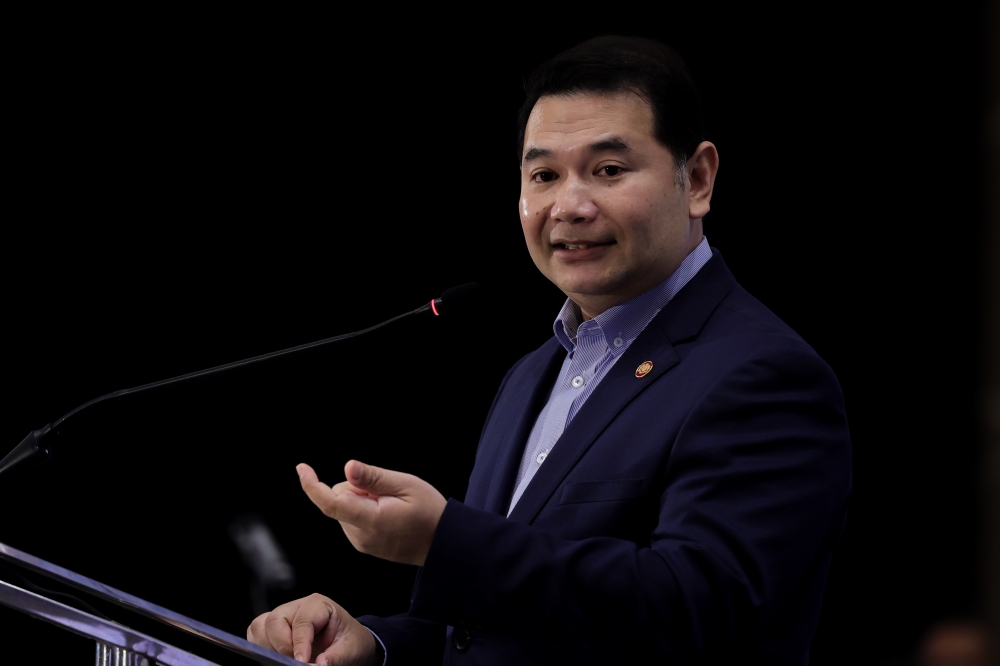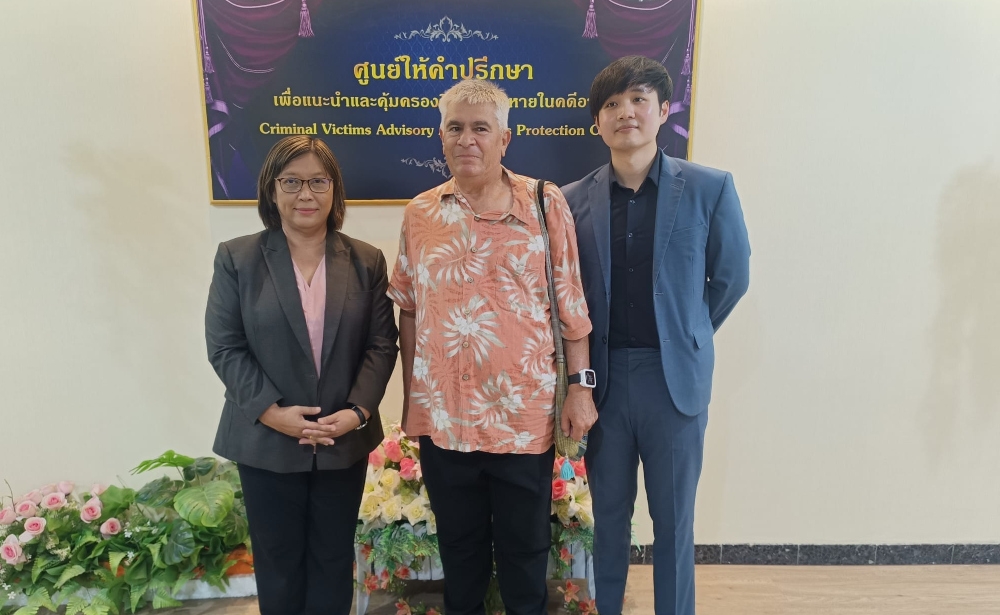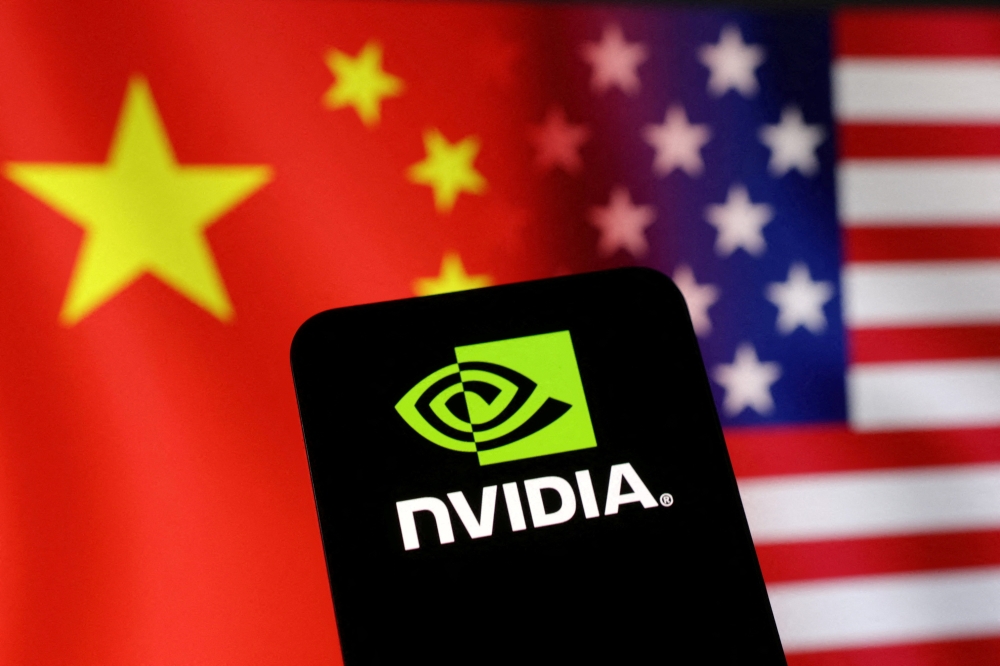WASHINGTON, July 5 — US President Donald Trump’s administration plans to restrict shipments of AI chips from companies like Nvidia Corp to Malaysia and Thailand as part of an effort to crack down on suspected semiconductor smuggling into China.
A draft rule from the Commerce Department seeks to prevent China — to which the US has effectively banned sales of Nvidia’s advanced AI processors — from obtaining those components through intermediaries in the two South-east Asian nations, according to a Bloomberg report citing people familiar with the matter.
Officials plan to pair the Malaysia and Thailand controls with a formal rescission of global curbs from the so-called AI diffusion rule, which drew objections from US allies and tech companies during President Joe Biden’s term.
Washington would maintain semiconductor restrictions targeting China that were imposed in 2022 and ramped up several times since, as well as more than 40 other countries covered by a 2023 measure designed to address smuggling concerns.
The regulation would mark the first formal step in Trump’s promised overhaul of his predecessor’s AI diffusion approach, though the draft measure is far from a comprehensive replacement and doesn’t address questions about security conditions for US chips in overseas data centers.
Commerce Secretary Howard Lutnick told lawmakers that the US will “allow our allies to buy AI chips, provided they’re run by an approved American data centre operator, and the cloud that touches that data centre is an approved American operator.”
Nvidia, the dominant maker of AI chips, declined to comment, while spokespeople for the Thai and Malaysian governments didn’t respond to requests for comment.
Washington officials have debated for years which countries should be able to import American AI chips, balancing the desire for global adoption of US technology against concerns that chips could reach China or benefit Chinese AI companies through remote access.
South-east Asia is a key focus, with companies including Oracle Corp. investing aggressively in data centres in Malaysia, where trade data shows chip shipments have surged in recent months despite Malaysian officials pledging to scrutinise imports under US pressure.
Semiconductor sales to Malaysia are also a focal point of a court case in Singapore, where prosecutors have charged three men with defrauding customers about the ultimate destination of AI servers that may have contained advanced Nvidia chips.
The export curbs on Malaysia and Thailand would include measures to ease pressure on companies with significant business operations there, including allowing firms headquartered in the US and friendly nations to continue shipping AI chips without seeking a license for a few months after the rule is published.
The licence requirements would still include certain exemptions to prevent supply chain disruptions, as many semiconductor companies rely on South-east Asian facilities for crucial manufacturing steps like packaging chips for use in devices.






















